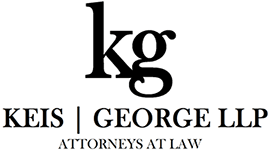What is Actual Cash Value (ACV)
Actual Cash Value (ACV) is the amount equal to the replacement cost when subtracting depreciation of damaged property at the time the loss occurred.
What is Replacement Cost Value (RCV)
Replacement Cost Value (RCV) is the amount equal to the replacement cost of damaged property at the time of the loss. RCV is typically defined within the insured’s policy.
Actual Cash Value versus Replacement Cost Value
Insurance companies calculate amounts payable to policyholders for loss in several ways, though most payments are based on Actual Cash Value or Replacement Cost Value. Replacement cost payment of property compensates a policyholder for the actual cost of replacing the property, typically evidenced by a purchase receipt. On the other hand, actual cash value, also known as market value, compensates a policyholder based on the replacement cost minus depreciation of the damaged or stolen property. Depreciation is determined by the insurance company using objective criteria, including the type and age of the property, and subjective assessment such as the insurance company adjuster’s observations or photographs of the property.
And then there is the sentimental assessment or the personal assessment of calculating personal property without market value. This involves personal property that is sentimental to the insured, isn’t easily assigned a market value, or has little to no market value. Check out our speculation on assessing damage to personal property without market value here.
What’s the difference between ACV and RCV
To summarize, both ACV and RCV are based on the current cost to replace the damaged property with new property. The only difference between ACV and RCV is the deduction for depreciation. To discuss ACV and RCV in-depth or as it applies to a file you’re currently working on, contact one of our subrogation lawyers.
